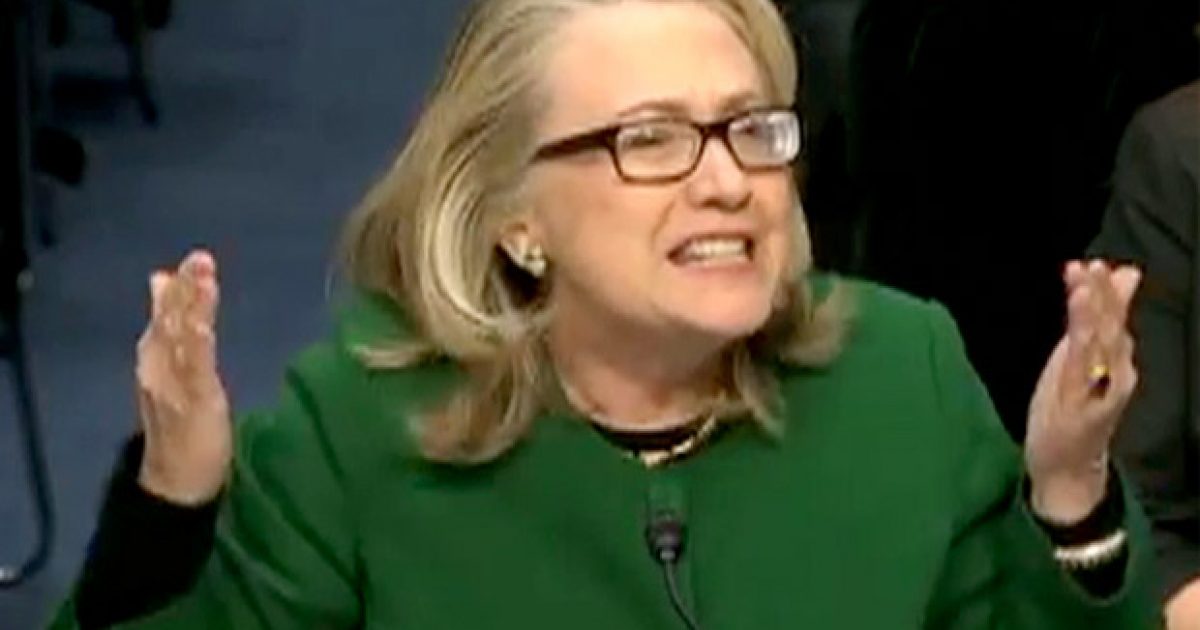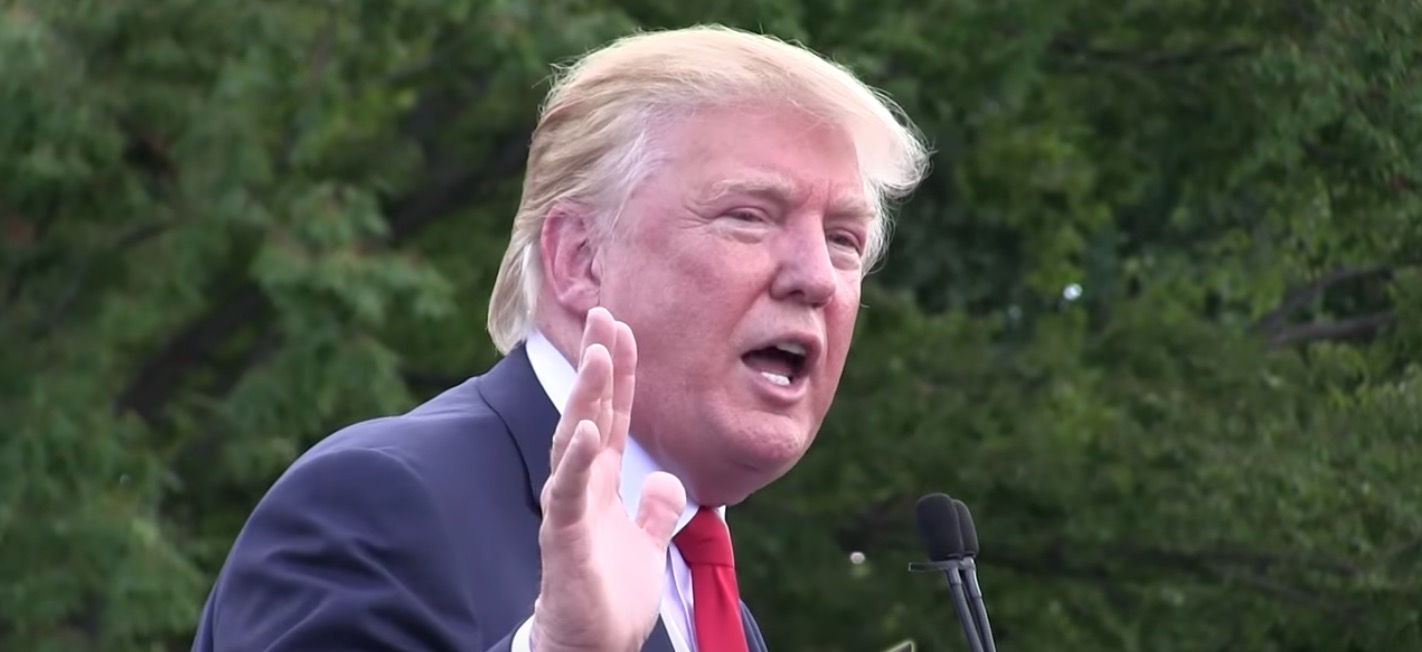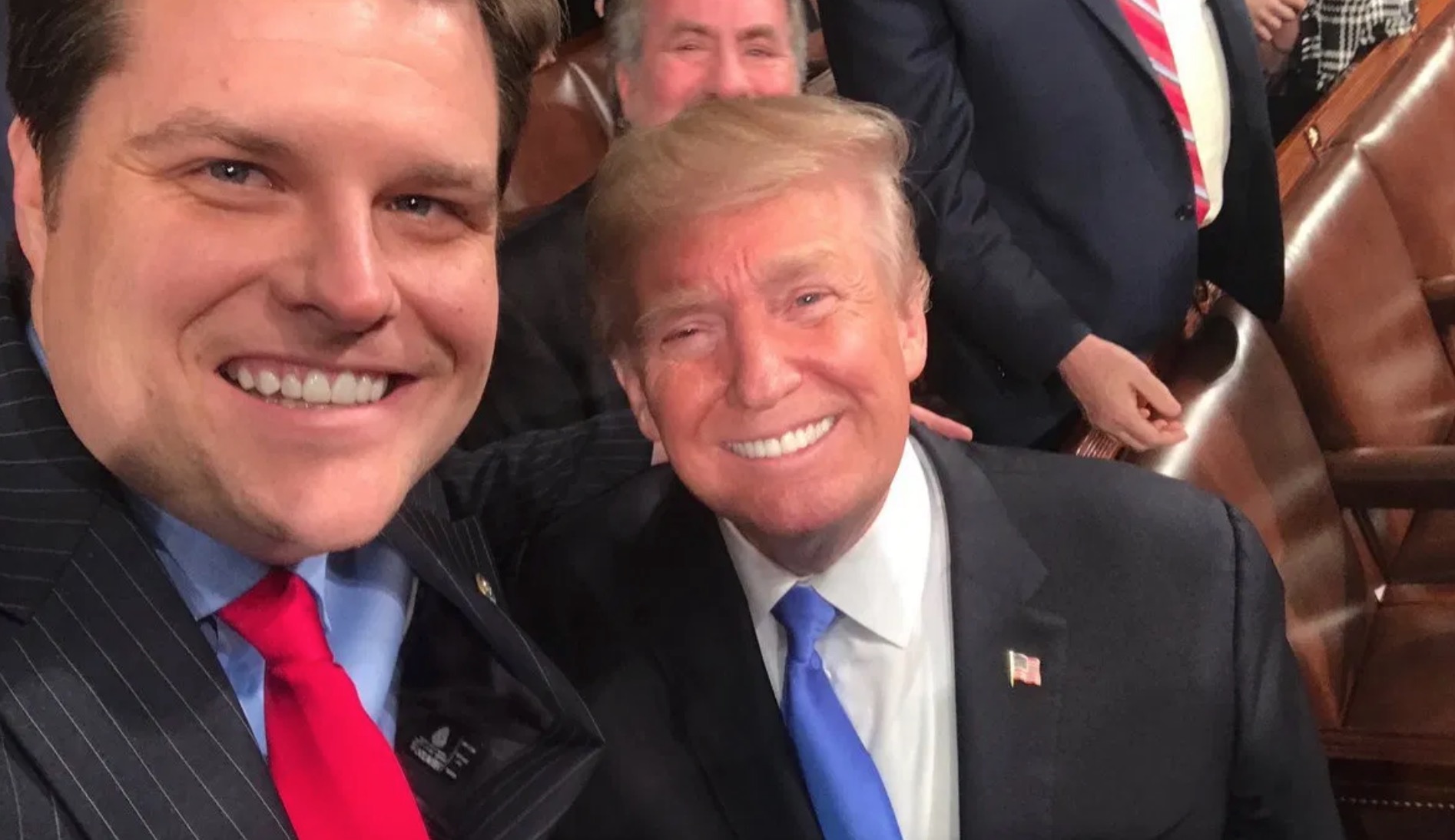Audio recordings of a criminal case, in which Hillary Clinton defended then-41-year-old Thomas Alfred Taylor, who was accused of raping a 12-year-old old, have been unearthed, and could pose a significant issue for Clinton moving closer to 2016.
This was by far Clinton’s, who was thought to be a devoted child and womens advocate, “most significant criminal case as an attorney.”The Washington Free Beacon has these exclusive recordings here. LISTEN TO THE AUDIO BELOW
Here are excerpts from the story:
take our poll - story continues belowDo you think the 2nd Amendment will be destroyed by the Biden Administration?(2)
Completing this poll grants you access to Shark Tank updates free of charge. You may opt out at anytime. You also agree to this site's Privacy Policy and Terms of Use.The recordings, which date from 1983-1987 and have never before been reported, include Clinton’s suggestion that she knew Taylor was guilty at the time. She says she used a legal technicality to plead her client, who faced 30 years to life in prison, down to a lesser charge.
Twenty-seven-year-old Hillary Rodham had just moved to Fayetteville, and was running the University of Arkansas’ newly-formed legal aid clinic, when she received a call from prosecutor Mahlon Gibson.
“The prosecutor called me a few years ago, he said he had a guy who had been accused of rape, and the guy wanted a woman lawyer,” said Clinton in the interview. “Would I do it as a favor for him?”The case was not easy. In the early hours of May 10, 1975, the Springdale, Arkansas police department received a call from a nearby hospital. It was treating a 12-year-old girl who said she had been raped.
“It was a fascinating case, it was a very interesting case,” Clinton says in the recording. “This guy was accused of raping a 12-year-old. Course he claimed that he didn’t, and all this stuff.”
Describing the events almost a decade after they had occurred, Clinton’s struck a casual and complacent attitude toward her client and the trial for rape of a minor.
“I had him take a polygraph, which he passed – which forever destroyed my faith in polygraphs,” she added with a laugh.
Clinton can also be heard laughing at several points when discussing the crime lab’s accidental destruction of DNA evidence that tied Taylor to the crime.From a legal ethics perspective, once she agreed to take the case, Clinton was required to defend her client to the fullest even if she did believe he was guilty.
“We’re hired guns,” Ronald D. Rotunda, a professor of legal ethics at Chapman University, told the Washington Free Beacon. “We don’t have to believe the client is innocent…our job is to represent the client in the best way we can within the bounds of the law.”
However, Rotunda said, for a lawyer to disclose the results of a client’s polygraph and guilt is a potential violation of attorney-client privilege.
“You can’t do that,” he said. “Unless the client says: ‘You’re free to tell people that you really think I’m a scumbag, and the only reason I got a lighter sentence is because you’re a really clever lawyer.’”
Forensics
“The crime lab took the pair of underpants, neatly cut out the part that they were gonna test, tested it, came back with the result of what kind of blood it was what was mixed in with it – then sent the pants back with the hole in it to evidence,” said Clinton . “Of course the crime lab had thrown away the piece they had cut out.”
Clinton said she got permission from the court to take the underwear to a renowned forensics expert in New York City to see if he could confirm that the evidence had been invalidated.
“The story through the grape vine was that if you could get [this investigator] interested in the case then you had the foremost expert in the world willing to testify, so maybe it came out the way you wanted it to come out,” she said.
When Clinton returned to Arkansas, she said she gave the prosecutor a clipping of the New York forensic investigator’s “Who’s Who.”
She said the investigator examined the cut-up underwear and told her there was not enough blood left on it to test.“I handed it to Gibson, and I said, ‘Well this guy’s ready to come up from New York to prevent this miscarriage of justice,’” said Clinton, breaking into laughter.
“So we were gonna plea bargain,” she continued.
When she went before Judge Cummings to present the plea, he asked her to leave the room while he interrogated her client, she said.
“I said, ‘Judge I can’t leave the room, I’m his lawyer,’” said Clinton, laughing. “He said, ‘I know but I don’t want to talk about this in front of you.’”“So that was Maupin [Cummings], we had a lot of fun with Maupin,” Clinton added.
Reed asked what happened to the rapist.“Oh, he plea bargained. Got him off with time served in the county jail, he’d been in the county jail for about two months,” said Clinton.
When asked why Taylor wanted a female lawyer, Clinton responded, “Who knows. Probably saw a TV show. He just wanted one.”
Taylor, who pleaded to unlawful fondling of a child, was sentenced to one year in prison, with two months reduced for time served. He died in 1992.


















